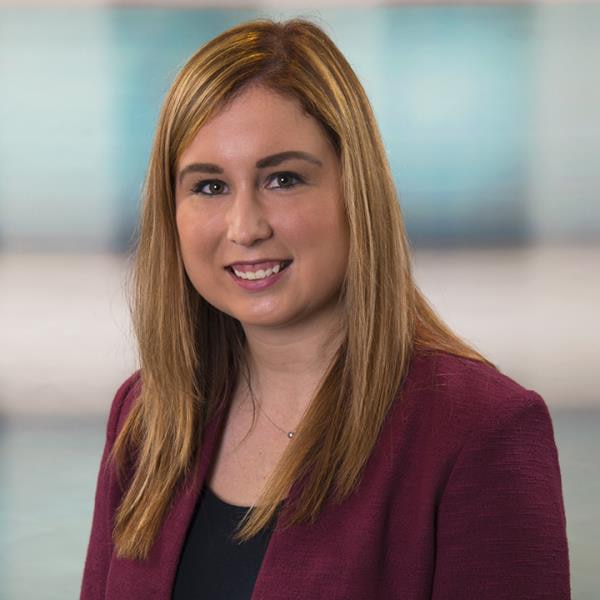August 21, 2023
K–12 Districts Must Build Sustainable, Long-Term Device Programs
As devices proliferate, expert partners can help districts implement best practices for technology, administration, funding and pedagogy.
Between 2020 and 2021, the percentage of K–12 districts managing more than 7,500 devices jumped from one-third to nearly half, with only 6 percent of districts supporting fewer than 1,000 devices. These numbers show how dramatically the pandemic changed remote learning and the devices that made it possible. Here are two more revealing numbers: The Federal Communications Commission’s Emergency Connectivity Fund earmarked approximately $7.2 billion to help schools purchase nearly 13 million connected devices. That support helped schools weather the worst of the crisis, but what happens now?
Across the country, district leaders are asking how they will support, manage, and at some point replace those laptops and tablets. Many are unsure how they will fund the next round of refreshes, but funding is just one crucial piece of the puzzle. Because districts have a higher volume of devices than before the pandemic and rely on them more heavily, they need to build robust programs to match. Such programs must be sustainable, affordable and well suited to districts’ IT resources.
Often, once IT departments begin to assess the full device lifecycle, they identify specific areas they do well, places where they are struggling and opportunities where they might benefit from expert support. Fortunately, the past couple of years have seen an expansion of available services to help districts make the most of their device investments.
Understand the Scope of a Comprehensive One-to-One Program
Ideally, device programs represent a forward-looking, thoughtfully planned approach. They are holistic, encompassing all of the elements that go into a successful one-to-one program: technology, administration, finance and pedagogy. Giving students, teachers and staff a seamless, user-friendly experience takes a considerable amount of work behind the scenes to ensure devices stay updated, connected and secure. That includes device selection, procurement and budgets; the logistics of provisioning, deployment, management and troubleshooting; IT infrastructure; professional development; and end-of-life strategies.
As districts work to mature their device programs, expert partners can add value in several ways. First, they have a holistic understanding of IT solutions, insight into current best practices, and experience working with districts of all sizes and budgetary levels. They’re knowledgeable about new services and solutions that can resolve common pain points. For instance, manufacturers have begun to offer incident-based protection packages that cover a percentage of a device fleet. These are more affordable than accidental damage protection plans and more advantageous than one-device/one-warranty plans because districts can choose which devices they want to submit claims for.
Partners also can help districts assess and develop long-term funding strategies, including phased refreshes, buyback options and leasing. A fresh, knowledgeable perspective often yields valuable recommendations that lower costs while increasing efficiency.
Focus on High-Priority Areas Where Partners Can Have Maximum Impact
Device deployment, break/fix tasks and cybersecurity are three areas where it can be especially helpful to obtain third-party support. Logistics services can include unboxing, remote configuration and enrollment in mobile device management platforms so that devices are ready to go when students receive them. Managed security services and other types of support also have become critical for many districts, especially where internal expertise may be lacking. For instance, virtual CISOs can augment staff capabilities to ensure devices are protected and supported by appropriate policies and solutions.
Every school district is unique, and the challenges that hamper one program might be inconsequential to another. The right partner can help IT leaders craft customized approaches to manage and optimize device programs today and in the future.
Story by
Chris Hanson, manager for Chrome customer enablement.
Mike Peters, a senior manager for customer enablement in education solutions.
Caitlin Witry, a regional sales manager for CDW.

Chris Hanson
CDW Expert

Mike Peters
CDW Expert


